Muscular System
Mourab MarabyShare
Cardiac Muscle
Cardiac muscle is the specialized muscle found in the heart. It is responsible for the rhythmic contractions that pump blood throughout the circulatory system.
Importance: Cardiac muscle is vital for maintaining the circulation of oxygenated blood throughout the body, ensuring the supply of nutrients and oxygen to all tissues.
While herbs do not directly influence cardiac muscle function, a heart-healthy lifestyle that includes a balanced diet, regular physical activity, and stress management can support overall cardiovascular health. Herbs like Hawthorn may be recommended by herbalists to promote heart health, often in the form of herbal teas or tinctures.
Skeletal Muscles
Skeletal muscles are attached to bones and are responsible for voluntary movements. They provide strength and mobility to the body.
Importance: Skeletal muscles are crucial for mobility, posture, and overall physical function.
Herbs are not typically used to directly influence skeletal muscles. Instead, maintaining skeletal muscle health involves a balanced diet, regular exercise, and, in some cases, physical therapy.
Smooth Muscles
Smooth muscles are found in various organs and structures within the body, including the walls of blood vessels, the digestive tract, and the respiratory system. They perform involuntary functions like regulating blood pressure and moving food through the digestive system.
Importance: Smooth muscles play a vital role in maintaining the proper functioning of various organ systems and processes.
Some herbs may help support the smooth muscles in specific contexts. For example, peppermint oil is used to alleviate digestive discomfort by relaxing the smooth muscles of the gastrointestinal tract. These herbs are typically consumed as supplements or in herbal preparations to address specific issues.
